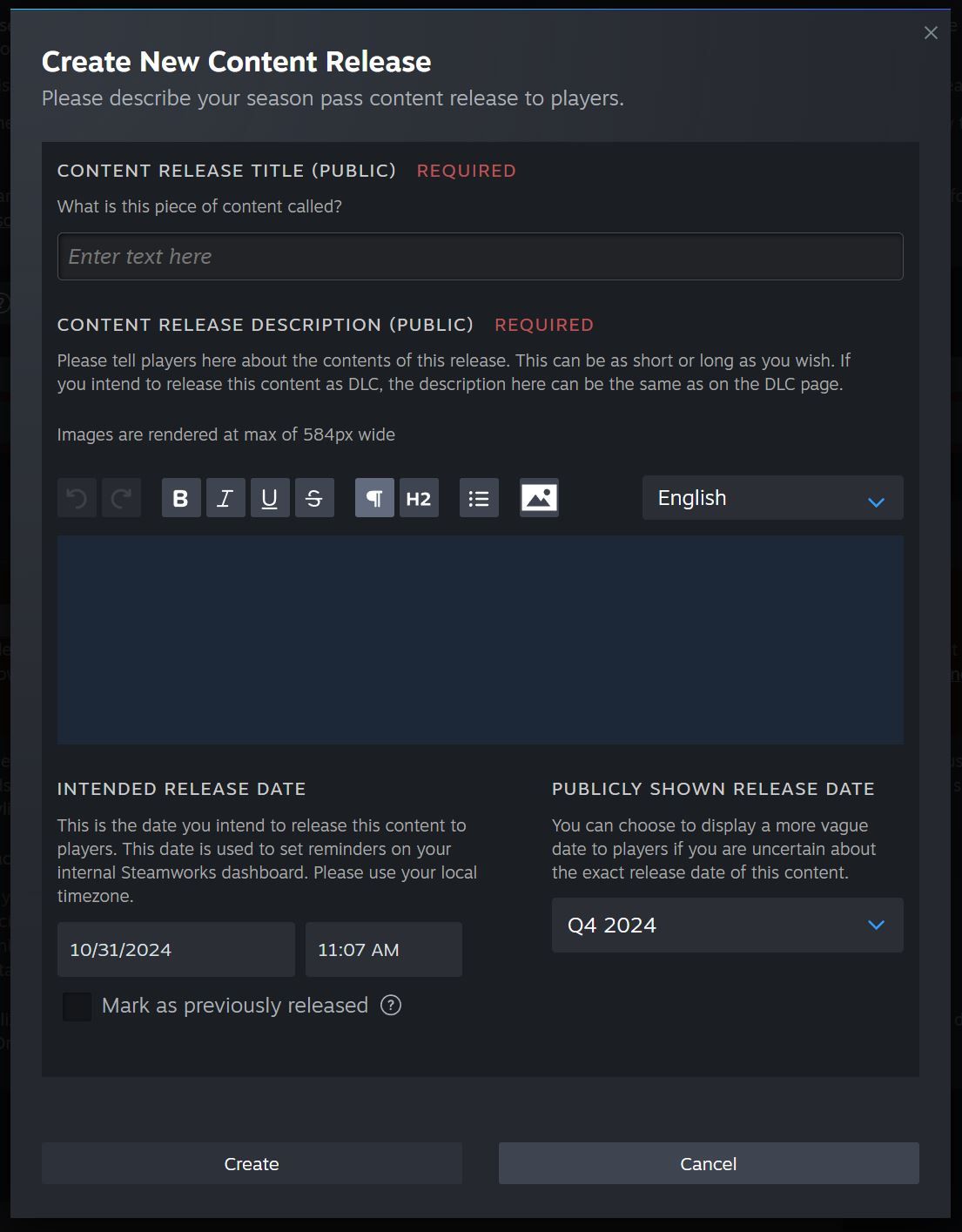Steam has implemented new guidelines for season passes. This will significantly change how sellers offer this type of DLC on its platform.
The changes to Steam are meant to increase transparency and protect gamers from unclear promises around future content. In the past, season passes often didn’t provide enough details about the extra content and when it would be released. This sometimes made buyers unhappy because certain planned (or implied) features weren’t released.
Developers are now required to give a detailed list of all DLC included in a season pass. They must also include short descriptions of what each item contains. Additionally, they need to provide expected release dates for each DLC, at least within three months. This information should be clearly visible on the store page. It’s a lot like how things must be sold in regular retailers, and it only helps gamers.
The new rules also prevent delays in DLC releases. Developers can push back a DLC release date just once, for up to three months. If they need to delay it again, they have to talk directly with Steam. If a DLC is canceled, customers will automatically get a refund for the content they didn’t receive. For major delays or if promised content isn’t delivered within a year, Steam may take additional steps, like removing the season pass from sales and giving full refunds, even if no customers have complained.
Steam’s policy explains what a season pass is meant to be. Essentially, Steam says it’s a way for players to pay in advance for upcoming DLC. Because of this, some certain rules and limitations apply because it’s similar to regular pre-orders.
As a result, Steam is more likely to approve season passes for well-known developers with a solid history on the platform. This could make it difficult for indie developers to use the season pass option, as they may need to prove they have successfully released games and DLC in the past before being allowed to offer it.
Season passes can be part of pre-orders, but they must change from pre-purchase to being available at the game’s launch, along with at least one DLC. For special editions, all the individual DLCs that come with the season pass must be included in the package as they are released. Additionally, Steam clearly distinguished between season passes and battle passes, outlining how they differ in content delivery and player access.
There are a few times when a developer wasn’t as clear as possible (like Bitizenship), and some users felt cheated. That is less likely to happen with rules like these. Even though the tougher rules might create difficulties for some developers, especially those who lack resources or experience, it’s good to know this is mostly to protect the customer.







